Nina Cried Power.
How one of the 20th centuries most critically acclaimed, empowering and influential artists, changed my life.
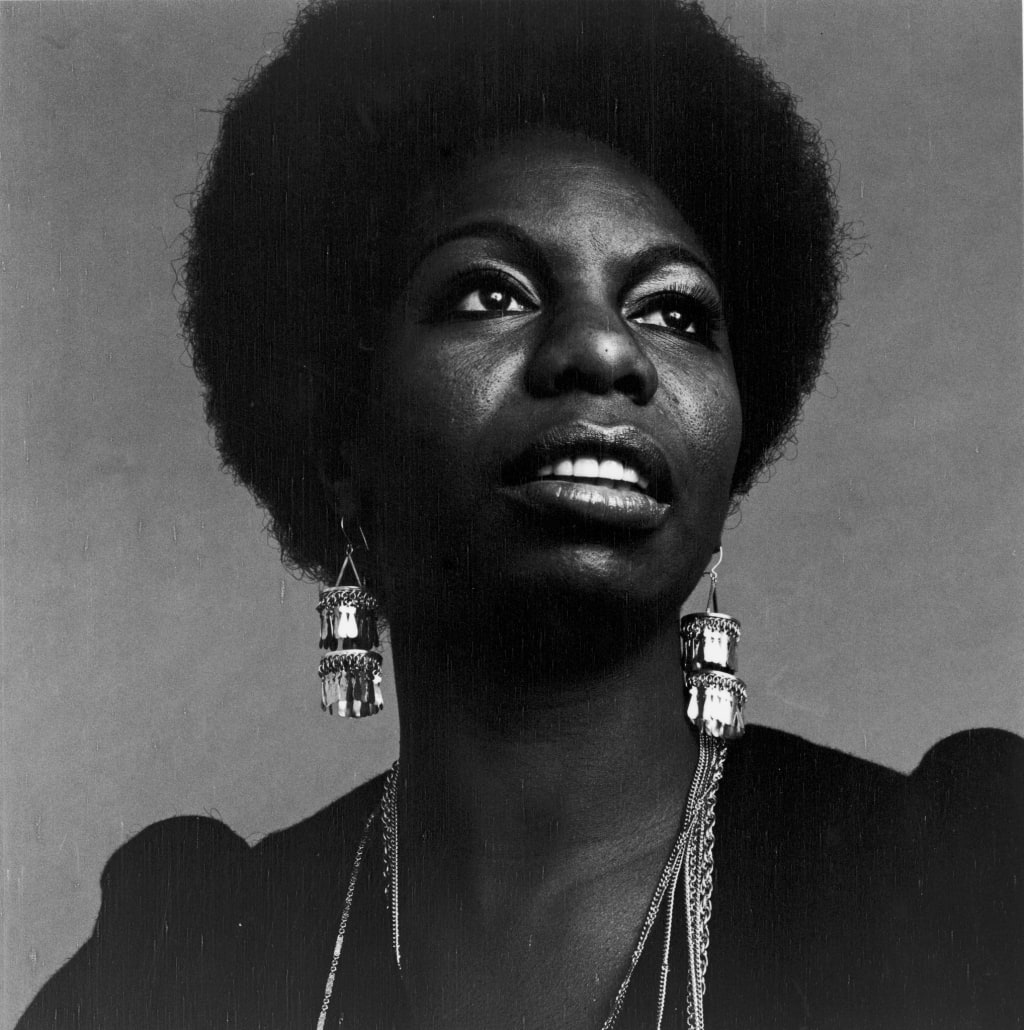
I came across Nina Simone's music one lazy April evening two years ago, as if destined from above. A newly born Jeff Buckley fan, his cover (unbeknownst to me at the time) of Nina's 'Lilac Wine' was a song I quickly grew to love. After falling in love with Hozier's album, 'Wasteland Baby' that same month, in particular the opening track 'Nina Cried Power', I grew curious of who this 'Nina' was.
I soon found out it was Nina Simone, a name I'd often heard but had never truly listened to or payed much attention to. I listened to 'Lilac Wine' and I was captivated from the very moment she began to sing.
I quickly devoured her entire catalogue from 'I Put A Spell On You' to 'Suzanne'. In a few days it felt like I'd been listening to her my whole life, as if she was an old friend I'd not seen in years. She was simply enchanting.
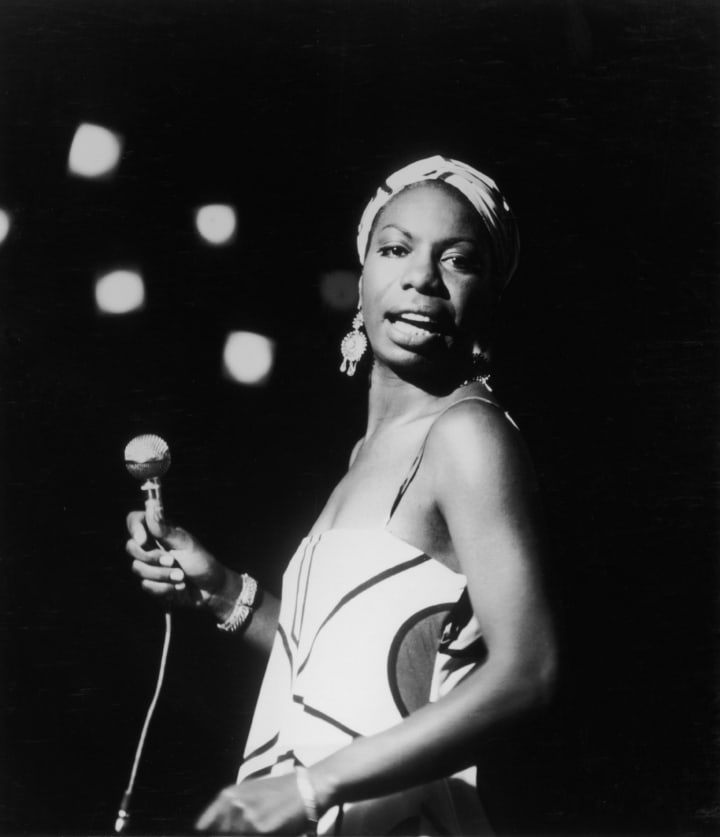
Spurred on by the political message of Hozier's 'Nina Cried Power', I began to research her past. A constant victim of systemic racism but never defeated by it, Nina's courage and spirit astounded me from the first stories I read to the very last. Although her professional career was drenched in drama, from abrupt concert endings to earning a reputation as an unpredictable and sometimes difficult performer, Nina was nothing if not a woman of principles. Her passion for music and fight for justice was unwavering until her death in 2003.
As a musician myself, her voice, passion and technical proficiency is something I can understand and truly appreciate in full. Her fight against racism throughout her life, however, is something I can only sit back and be amazed by.
Nina performed at many civil rights demonstrations and was friends with Martin Luther King and Malcolm X. 'Mississippi Goddam', a song that will always stick with me perfectly encapsulates this period in Nina's political and musical life.
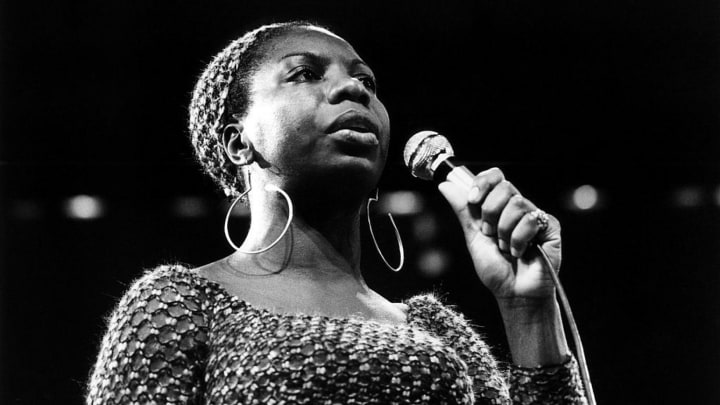
One of her most prevalent experiences of racism happened in Nina's childhood, when she was only 12. She gave a piano recital in a library, during which her parents had to stand in the back, simply because they were black. This event led to her strong and iconic stance against racism throughout her life.
Similar to 'Rage Against The Machine' years later, Nina was definitely no stranger to making her political opinions as vocal as possible, not only in everyday life, but in her songs. Her fusion of gospel and classical music served as unexpectedly perfect backdrop to her empowering and highly emotive lyrics, largely concerning love, black empowerment, femininity and protest. Her voice, uniquely rough and brimming with emotion, handled these important topics with a sense of grace and dignity I've yet to find in any other artist.
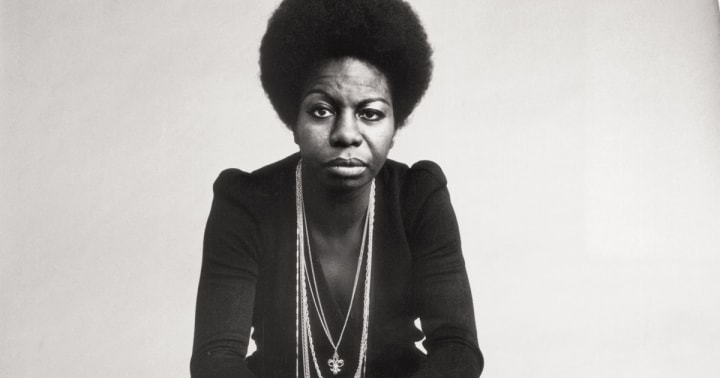
The sheer emotional range Nina can evoke with just her voice and a piano is exceedingly rare and has been a massive factor in why she has remained one of my biggest influences and favourite artists since I heard her. I feel it's important to remember the constraints of their time when critiquing artists, but personally Nina's music has aged like fine wine (or should I say Lilac Wine?) and only got better with age. Revisiting her music after brief intervals away is like breathing fresh air again.
The influence Nina has had over popular music in the past fifty years is almost unparalleled, and is a testament to the power and importance her music still holds. From Adele, David Bowie, Boy George, Emeli Sandé, Sade, Janis Joplin, Van Morrison, Kanye West, Bono, John Legend, Elizabeth Fraser to Matt Bellamy and Hozier, her music has helped shape the sounds of today.
As for me personally, her soulful voice, unique aura and energy has pushed me to write and perform better music and her powerful fight for equality in a time far worse than today has encouraged me to be a more thoughtful and empathetic human being in my professional and personal life.
Although the fight for equality is far from over, the sheer impact and importance of Nina Simone as a musician, political activist and as a human being can never be understated.
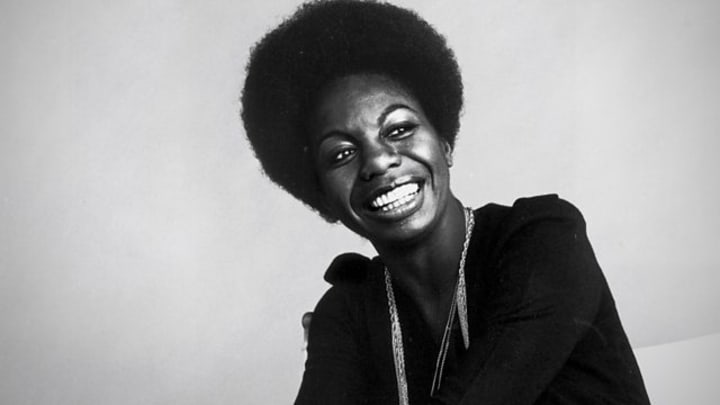
Thank you so much for reading! If you enjoyed this, give the cool looking heart a click. Tips are always appreciated. Wanna get in touch? Click the little picture of me, check the bio for my email and you're all set! Bye! - Ciarán
About the Creator
Ciarán Coleman
'There's no time for hatred, only questions
What is love, where is happiness
What is life, where is peace?
When will I find the strength to bring me release?'
- Jeff Buckley
Interested in me writing for you?
Gmail; [email protected]
Enjoyed the story? Support the Creator.
Subscribe for free to receive all their stories in your feed. You could also pledge your support or give them a one-off tip, letting them know you appreciate their work.

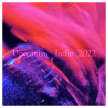




Comments
There are no comments for this story
Be the first to respond and start the conversation.